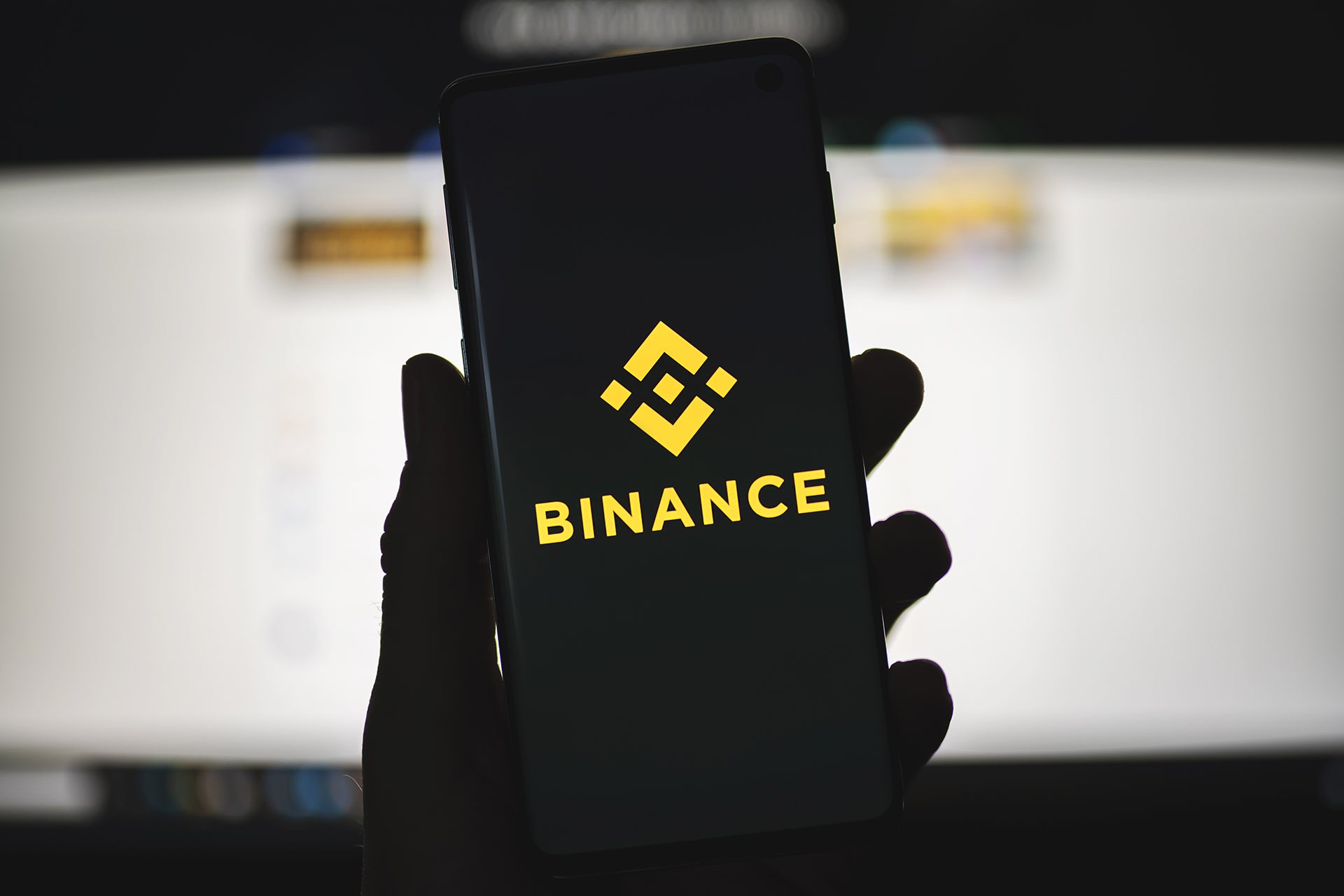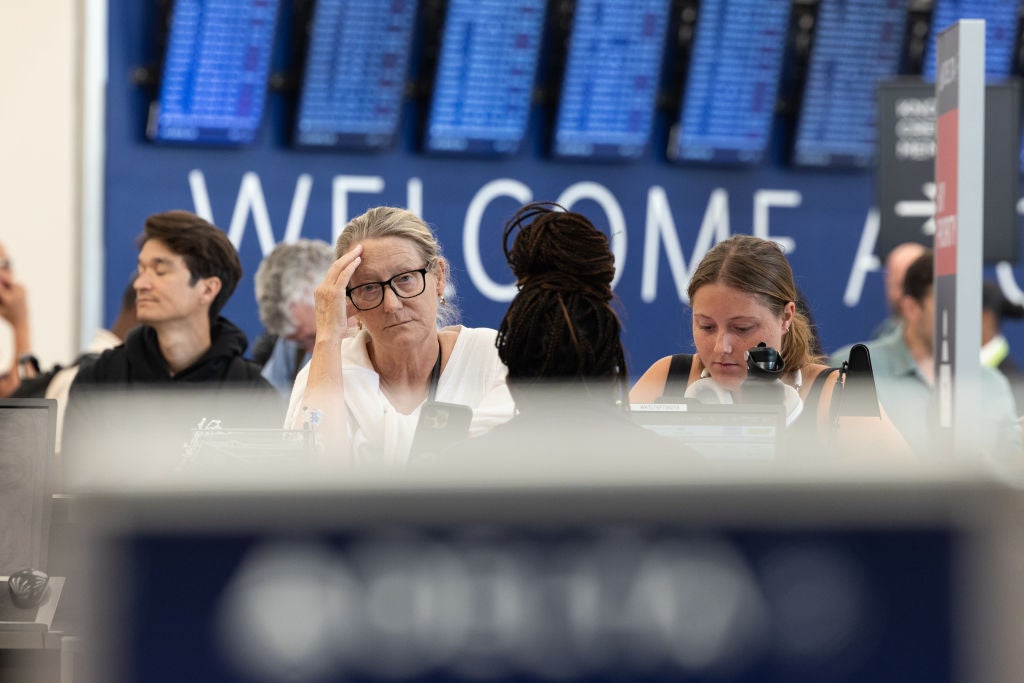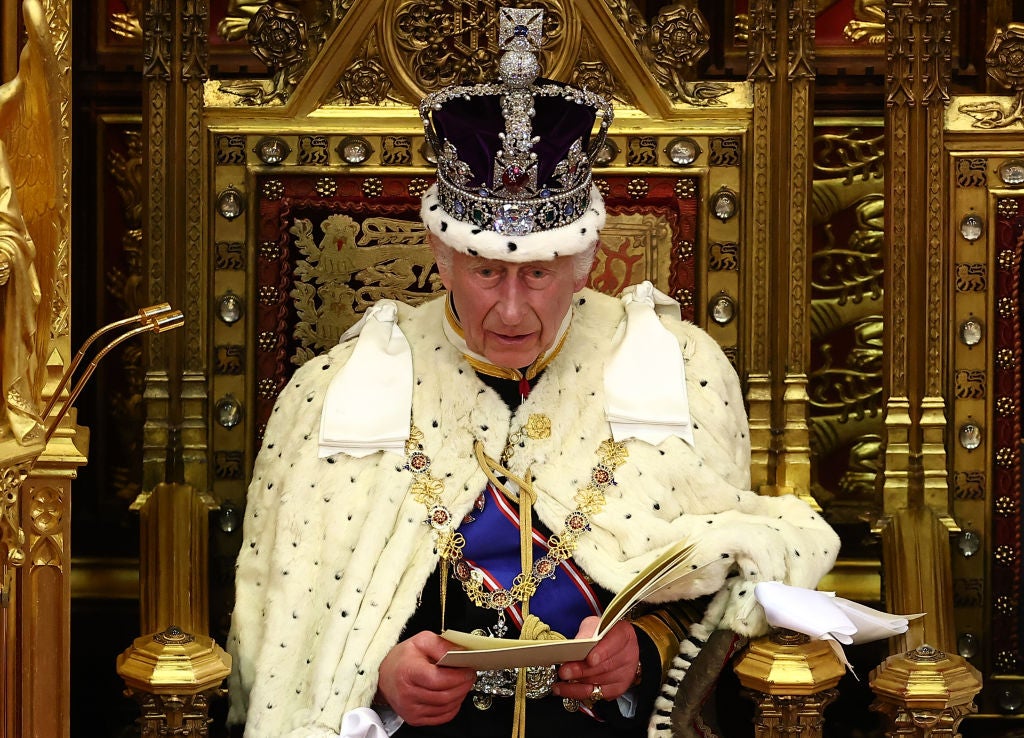
Major cryptocurrency exchange Binance withheld information about its anti-money laundering protocols at the same time as it publicly welcomed government oversight, according to an explosive new expose. The news comes as regulator scrutiny of the nascent cryptocurrency market is on the rise.
Bitcoin wonks aren’t having a great start to 2022. Over the past few weeks, the value of the world’s biggest cryptocurrency has slumped by almost 50% down from its $68,000 all-time high. The question is: could the new revelations about one of the leading digital exchanges see cryptocurrencies fall still further?
Binance has spent the past couple of years touting its anti-money -aundering chops. It has often repeated claims that it welcomes regulatory oversight, both to us and to other publications.
As part of this charm offensive, Binance briefly courted Malta in 2018 as a potential new home after it left China in 2017. As part of that push, the cryptocurrency exchange contacted Malta’s financial regulator, saying it planned to seek a licence to to operate on the island.
However, a new report from Reuters suggests that Binance has quietly pulled out of that process. Referencing sources familiar with the licencing discussions, the news agency claimed the Binance leadership had become concerned about how strict the regulator would be when it came to anti-money laundering protocols and financial disclosures.
Despite scrapping the plan, Binance still kept telling its millions of customers that it was “governed under the laws of Malta.”
How well do you really know your competitors?
Access the most comprehensive Company Profiles on the market, powered by GlobalData. Save hours of research. Gain competitive edge.

Thank you!
Your download email will arrive shortly
Not ready to buy yet? Download a free sample
We are confident about the unique quality of our Company Profiles. However, we want you to make the most beneficial decision for your business, so we offer a free sample that you can download by submitting the below form
By GlobalDataThis fits into a bigger pattern of the business backing better regulation in public, but withholding information from regulators, with at least eight agencies having warned customers about using the exchange, Reuters reported.
A Binance spokesperson said in a statement to Reuters: “As the leading cryptocurrency and blockchain ecosystem, we are both leading and investing in the future technologies and legislation that will set the crypto industry on the road to becoming a well-regulated, secure industry.”
Reuters based its reporting on interviews with former senior Binance employees, advisers and business partners as well as hundreds of documents, including correspondence between the company and national regulators.
These documents also included letters from German police and lawyers representing more than 30 suspected fraud victims, seeking information about millions of euros allegedly being laundered through the exchange.
The reporting was also based on Telegram messages from senior figures in the company, that raised concerns about know-your-customer (KYC) checks, which aim to prevent money laundering.
A Binance spokesperson told Reuters that the documents were “wildly outdated and – in several places – flatly incorrect.” Its legal team added that the documents were “partial and do not accurately reflect the full picture in relation to how decisions relating to very serious issues have been made by our client.”
This is not the first time that Binance has been accused of having lax anti-money laundering processes. It was name-checked as a low know-your-customer process exchange in a report from the British National Bureau of Economic Research late last year.
In June, the UK’s Financial Conduct authority banned a Binance subsidiary from operating any regulated services in the country.
In December, it was slapped on the wrist by Ontario’s securities regulator for having made claims that it was allowed to trade in the Canadian province, despite lacking the registration to do so.
The news comes as regulators around the globe are actively seeking to tame the wild west of cryptocurrencies.
“There is a substantial lack of regulatory clarity regarding the underlying blockchain technology, which acts as a significant barrier to broader adoption,” GlobalData analysts wrote in a recent blockchain report.
“Regulations have struggled to keep up with advances in technology. This is particularly true with blockchain as it, at least in the case of public blockchains, reduces oversight. Many countries (and different agencies within a country) have taken steps to regulate blockchain in some fashion, but their disparate approaches have confused blockchain companies.”
Binance declined Verdict’s request for further comments.







